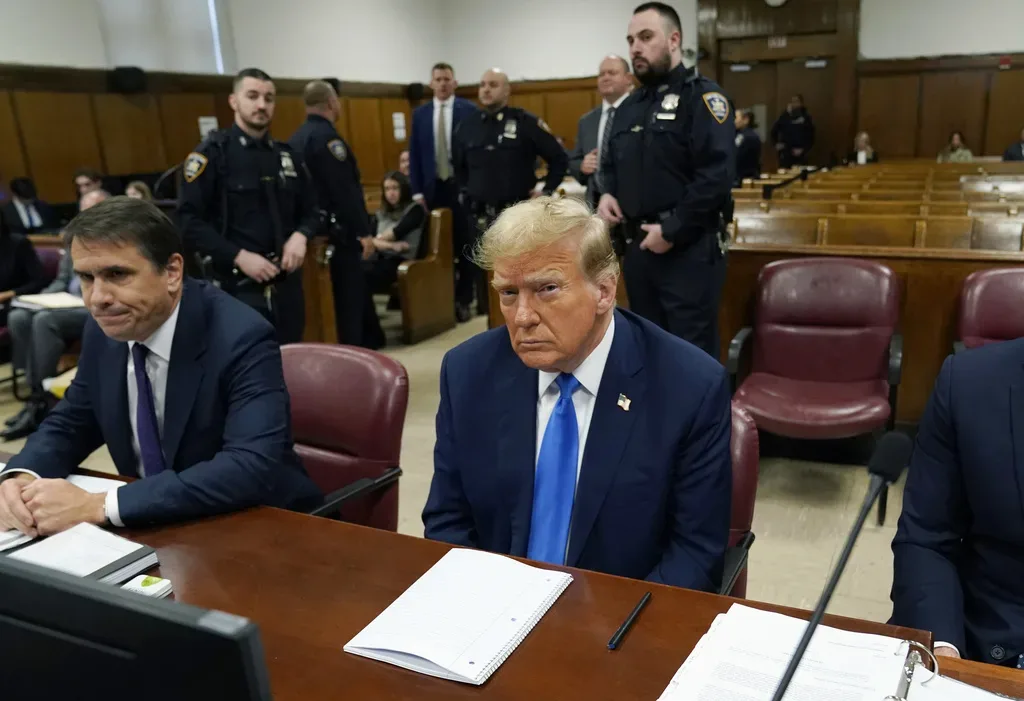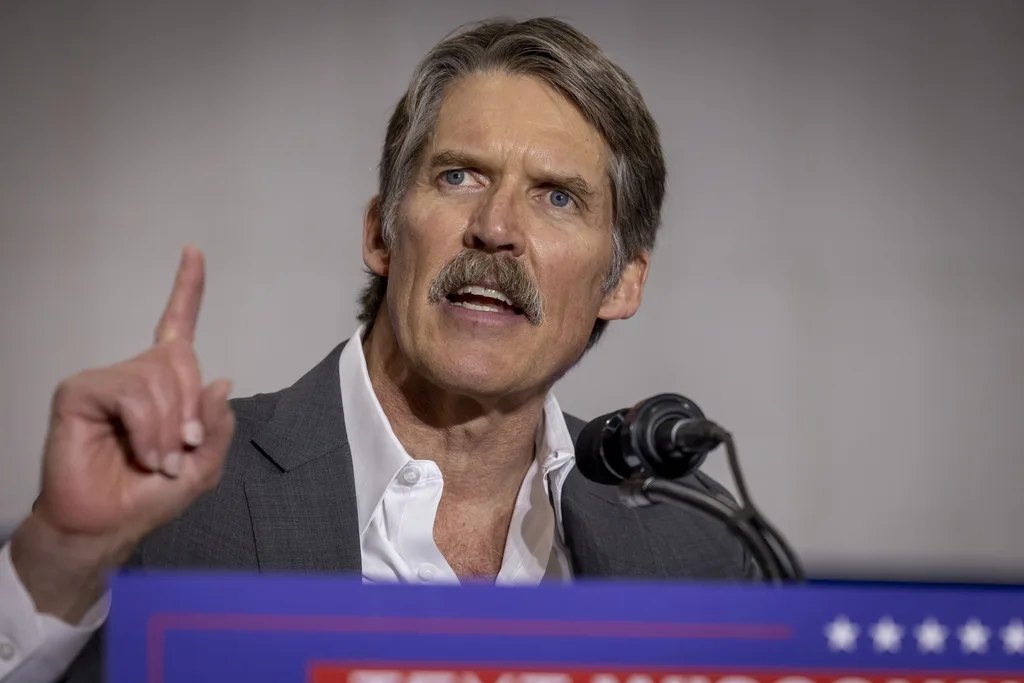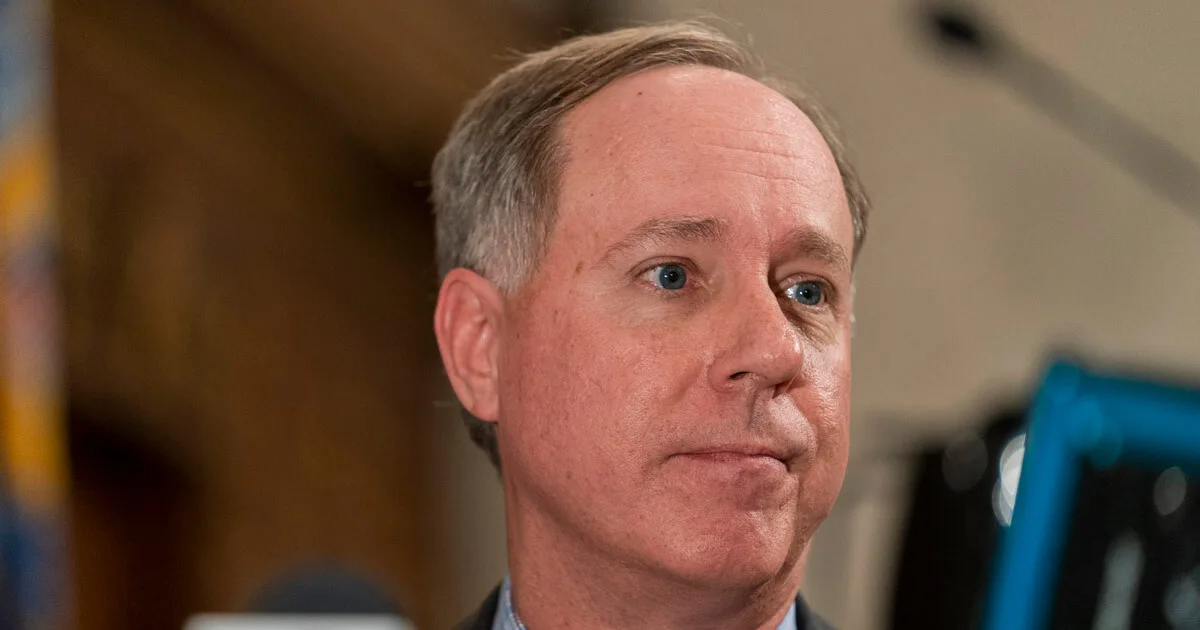
#image_title
#image_title
Democrats mock GOP for trying to take credit for billions in surplus while simultaneously trying to strip away a policy that led to the extra money.
Assembly Minority Leader Gordon Hintz on Tuesday excoriated Republicans for taking credit for the additional $4.4 billion in projected state revenue when the report from the nonpartisan Legislative Fiscal Bureau instead primarily credits the American Rescue Plan Act (ARPA) for the growth—particularly the stimulus checks, extended federal unemployment benefits, second round of Paycheck Protection Program loans, and assistance to municipalities.
None of Wisconsin’s Congressional Republicans voted in favor of ARPA and several state legislators have decried the federal funds while using them to justify cutting investments in schools, lead pipe abatement, job training programs, public transportation, and more.
“You get no points. Zero,” said Hintz, an Oshkosh Democrat. “Because you opposed everything that helped our economy recover from the pandemic.”
In addition to not being able to take credit for the budget surplus, Republicans on the Joint Finance Committee received word in a Legislative Fiscal Bureau memo that by underfunding K12 education they were putting $2.3 billion in federal COVID-19 relief funds at risk—$800 million more than previously estimated. GOP lawmakers also cost the state $1.6 billion in federal funding over the next two years by refusing to expand BadgerCare, meaning the state could lose out on as much as $3.9 billion in total if Republicans fail to adequately fund education.
“No more excuses, no more games,” said Sen Jon Erpenbach (D-West Point), who sits on Joint Finance. “It’s time for Republicans to do the right thing because the budget clock is ticking.”
RELATED: Evers Wants to Use $4.4 Billion Surplus on Schools. GOP Wants Tax Cuts.
Instead of addressing the shortfall, the Legislature passed a bill put forward by Republicans that would terminate the state’s participation in the federal extended unemployment benefits, which provide an additional $300 per week. Assembly Republicans argued the bill would address the state’s worker shortage.
But Hintz and other Democrats pointed out that there was no evidence that the federal unemployment funds were preventing people from seeking employment. In fact, the unemployment rate dropped last summer when the federal payments were $600 a week. A June 2020 study from the Chicago Federal Reserve, conducted while the weekly federal boost was still $600, found that people receiving unemployment benefits look for work “more than twice as intensely as those who have exhausted their benefits.”
Additionally, Joint Finance Republicans have nixed several line items in Gov. Tony Evers’ budget proposal—expanding job training, a pilot program to connect workers with employers, public transportation, expanding BadgerCare—that could actually help people looking for work.
Assembly Democrats tried to substitute the Republican bill with their own which would fund the job training and pilot programs that were cut, as well as authorize the Wisconsin Department of Children and Families to develop a program for subsidizing child care. Republicans voted that that bill was not germane.
Before the bill had even been brought to a vote in the Assembly, Evers told the Milwaukee Journal Sentinel: “I can’t imagine that I’ll be signing it.”
“We need a more comprehensive thing than just saying that there’s all these people that are messing with the system by not finding a job and there’s thousands and thousands of them,” Evers said. “We don’t know that. What I do know is we have to find a more comprehensive solution.”
Not a new problem
When asked about the proposal to cut the federal unemployment assistance, Evers had also said that the key to building the state’s workforce is to make it a more attractive place to live, an argument backed up by research.
Wisconsin’s workforce shortage is not new. A report from Forward Analytics published in April 2019 said the state could face a worker shortage for decades because it did not have enough young people moving to the state to replace Baby Boomers when they retire. While the state usually made up for its loss of 20-somethings through the migration of older adults with children, the state also lost those populations from 2010 to 2015.
While Assembly Speaker Robin Vos mocked Hintz for suggesting that the state’s workforce shortage was caused by the state not expanding BadgerCare and not legalizing marijuana, Hintz is not wrong. Small business owners have said they could attract more qualified workers if they didn’t have to provide healthcare. And the income states are receiving from marijuana sales could fund initiatives to boost quality of life in Wisconsin, if invested wisely.
But more broadly, Hintz blamed Republican policies—against unions, BadgerCare expansion, and adequate public school funding—for those population losses.
“These numbers say those policies stunk,” said Hintz.
The bill passed in both the Assembly and the Senate. It goes on to Evers’ desk, where it faces a likely veto.
Politics
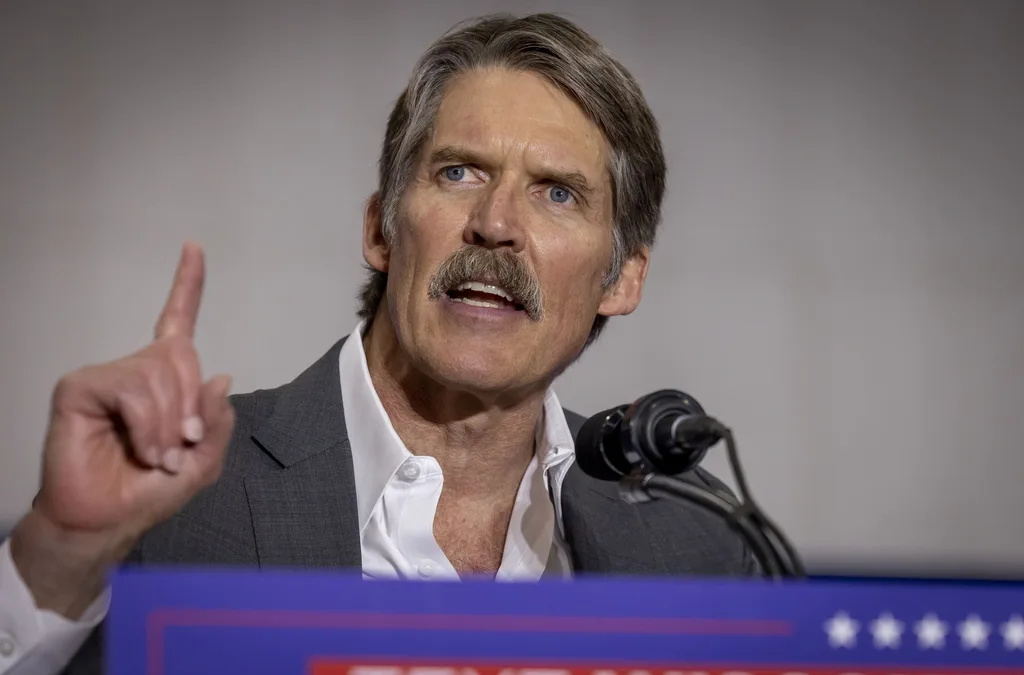
Eric Hovde’s company exposed workers to dangerous chemicals, OSHA reports say
A Madison-based real estate company run by Wisconsin US Senate candidate Eric Hovde settled with the Occupational Safety and Health Administration...
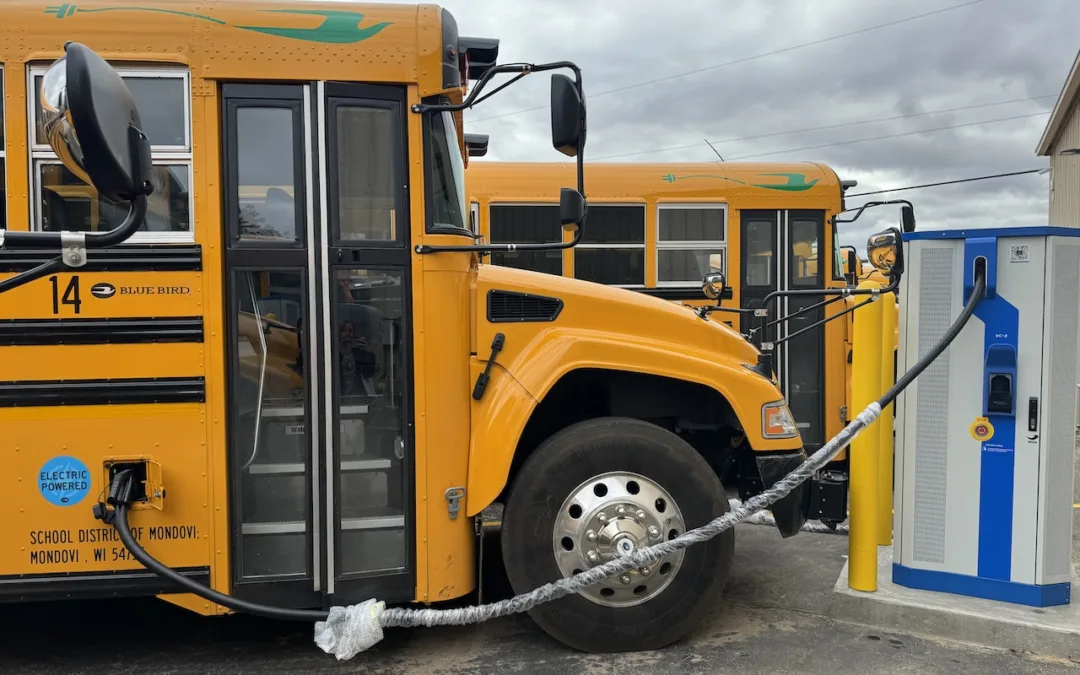
Plugged in: How one Wisconsin school bus driver likes his new electric bus
Electric school buses are gradually being rolled out across the state. They’re still big and yellow, but they’re not loud and don’t smell like...
Local News

Stop and smell these native Wisconsin flowers this Earth Day
Spring has sprung — and here in Wisconsin, the signs are everywhere! From warmer weather and longer days to birds returning to your backyard trees....

Your guide to the 2024 Blue Ox Music Festival in Eau Claire
Eau Claire and art go hand in hand. The city is home to a multitude of sculptures, murals, and music events — including several annual showcases,...


